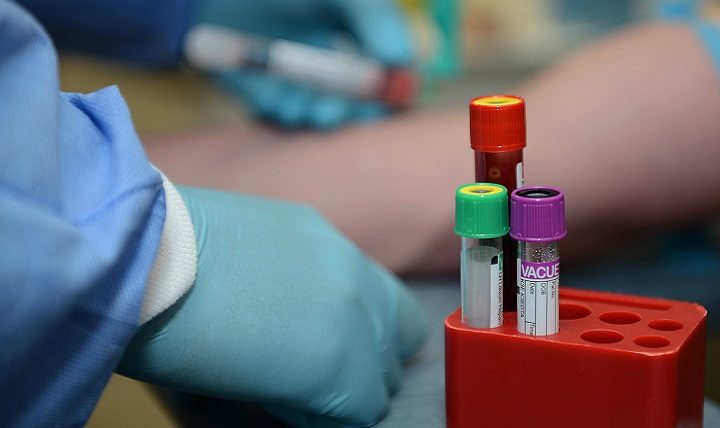A Consumer DNA Testing Company’s Alarming New Marketing Pivot
By Elizabeth Joh,
Slate
| 03. 29. 2019
Sometimes a marketing pivot serves a truth-telling function. A new television ad for the consumer DNA database FamilyTreeDNA asks the public to share their DNA with the company not to find out whether they’re at high risk for breast cancer, whether their ancestors were black, or what their Spotify playlist should include. Instead, the father of Elizabeth Smart, who was abducted in 2002, observes that “when a loved one is a victim of a violent crime, families want answers. … If you are one of the millions of people who have taken a DNA test, your help can provide the missing link.”
FamilyTreeDNA makes explicit the use of consumer DNA testing that law enforcement agencies have increasingly relied on to solve cases. When police identified Joseph DeAngelo in 2018 as the suspected Golden State Killer responsible for a series of rapes and murders in California several decades ago, they did so with the aid of genetic genealogy: the combination of genetic matching and traditional genealogical methods. Police uploaded crime scene DNA to GEDmatch, a free service where people...
Related Articles
By Scott Solomon, The MIT Press Reader | 02.12.2026
Chris Mason is a man in a hurry.
“Sometimes walking from the subway to the lab takes too long, so I’ll start running,” he told me over breakfast at a bistro near his home in Brooklyn on a crisp...
By Diaa Hadid and Shweta Desai, NPR | 01.29.2026
MUMBRA, India — The afternoon sun shines on the woman in a commuter-town café, highlighting her almond-shaped eyes and pale skin, a look often sought after by couples who need an egg to have a baby.
"I have good eggs,"...
By George Janes, BioNews | 01.12.2026
A heart attack patient has become the first person to be treated in a clinical trial of an experimental gene therapy, which aims to strengthen blood vessels after coronary bypass surgery.
Coronary artery bypass surgery is performed to treat...
By Staff, ScienceDaily | 01.05.2026
Scientists at UNSW Sydney have developed a new form of CRISPR technology that could make gene therapy safer while also resolving a decades-long debate about how genes are switched off. The research shows that small chemical markers attached to DNA
...




